What Can Science Tell Us About the Soul?
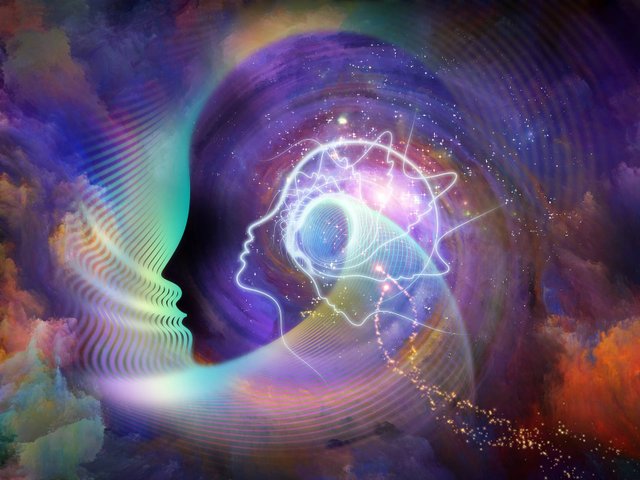
Suppose you found someone with no understanding of anything, to whom everything in the world is an amazing mystery.
You then show this person a totally unique, one of a kind song printed on a record, with no other copies in the world. When you play it on a record player, the man remarks that the music sounds beautiful.
When you tell him it’s merely the product of a machine in operation, he insists that the music is not at all "machine-like". It's fluid, artistic, unique. “Surely”, he says, “It is something separate from the machine entirely, even if the two occupy the same space.”
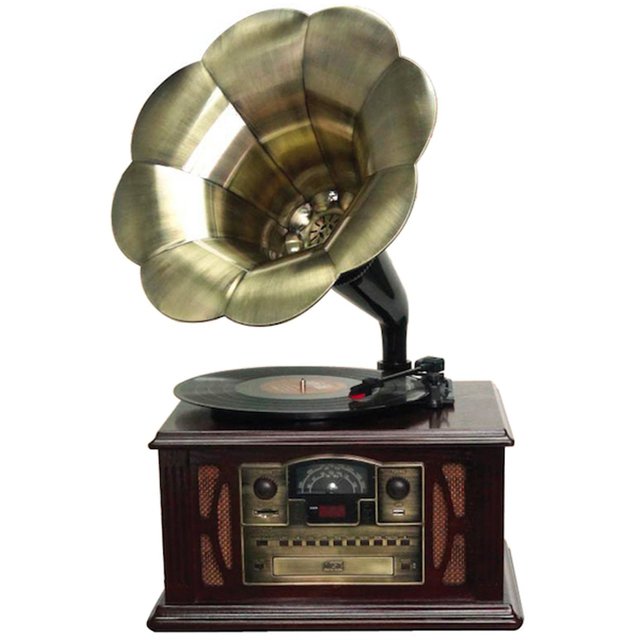
This seems obvious to him only because he doesn’t understand that it's all coming from physical information engraved into the vinyl surface of the record. Something so seemingly complicated and magical, in reality, comes from the arrangement of atoms.
What happens if you set fire to that record player, and the record melts and cracks with it? Where does the song go? Does it really “go” anywhere? Isn’t it simply destroyed, as the vinyl it’s engraved into cracks, warps and melts?
It's not a perfect analogy as a record simply stores information where the brain processes it as well, but it illustrates how a phenomenon like human personality can appear totally different and separate from the lump of grey matter it arises from.
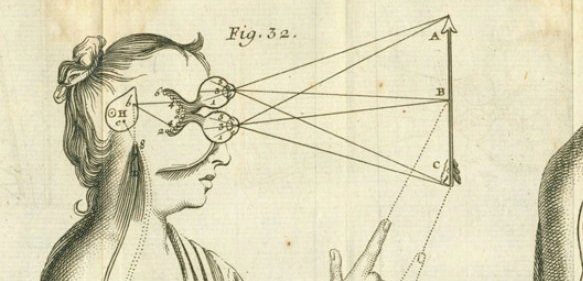
One commonly proposed idea holds that the brain is not a computer, but instead works more like a radio receiver which is tuned to receive an individual's specific "consciousness signal". The largest single problem with this idea is the enormous complexity of the brain. Below you will see the extremely simple circuit diagram for a radio control receiver:

If indeed we are not our brains but ghosts which live within the brain or control it from afar, why is the brain so complex? Why does it process information in a computer-like fashion? Why does it store memories? Why do emotions provably arise from brain activity? Why is personality demonstrably neurological?
Shouldn't the soul do all of these things? If it doesn't, then it isn't really "you", is it? Or, if neuroscience is wrong about everything, and the soul does all of the things above, then what do we need brains for? Why carry around such a complicated, computer-like, calorie hungry organ when all it does is receive a signal?
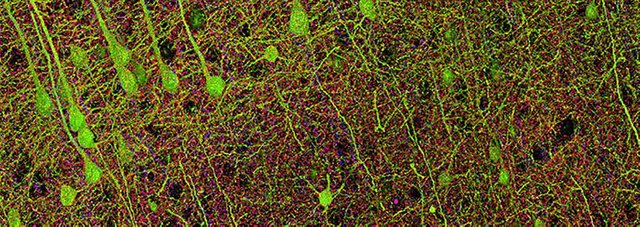
The other argument I frequently hear is that of course scientists cannot detect the soul, because they are trying to detect an immaterial phenomenon using material instruments. Dualists believe that immaterial beings and forces are noninteractive with the material world, as otherwise we would be able to see them, hear them and so on.
But this is where the Problem of Interaction comes into play. If the soul cannot be detected because it is immaterial, and the material and immaterial do not interact, then how does the soul interact with the brain in such a way as to control it?
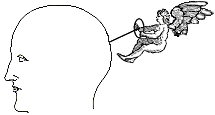
First, awesome imagery, and your conversation starters are much appreciated. One of my favorite subjects to discuss. To me, there is an opportunity to view "soul" as something like a field of light, shining in oneness with an open arena of lights. To me, a soul is "home" in the celestial realm and then "visiting" in the earthly realm, housed inside a body, although is not exactly contained inside an earthly body. In this interpretation, a soul can be detected scientifically. The color and vibrational quality of a body's "auric field," for example, can be measured.
Thanks for sharing your view. But I am curious, how do you resolve the logical problems with the concept of an immaterial soul posed in this article?
Soul does have material "weight" if it can be measured in any way, and the soul's "aura" presents both a color and a vibration that can be measures, as stated above.
How did you find this out?
What can the soul tell us about science?
What?